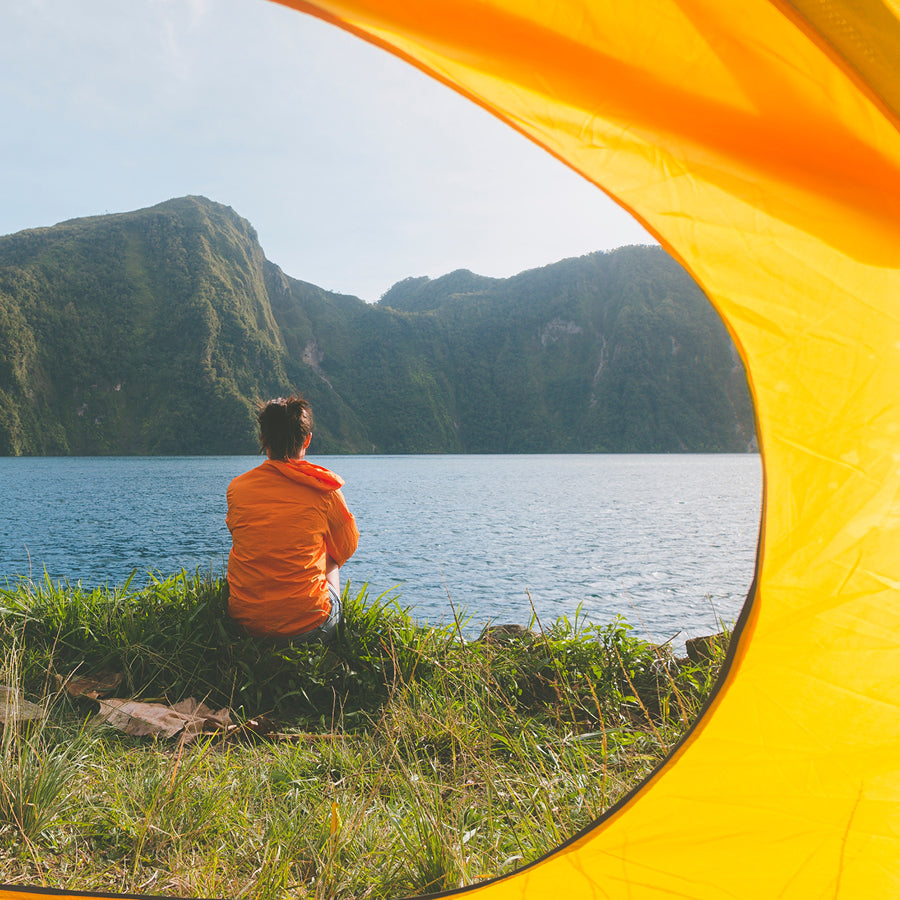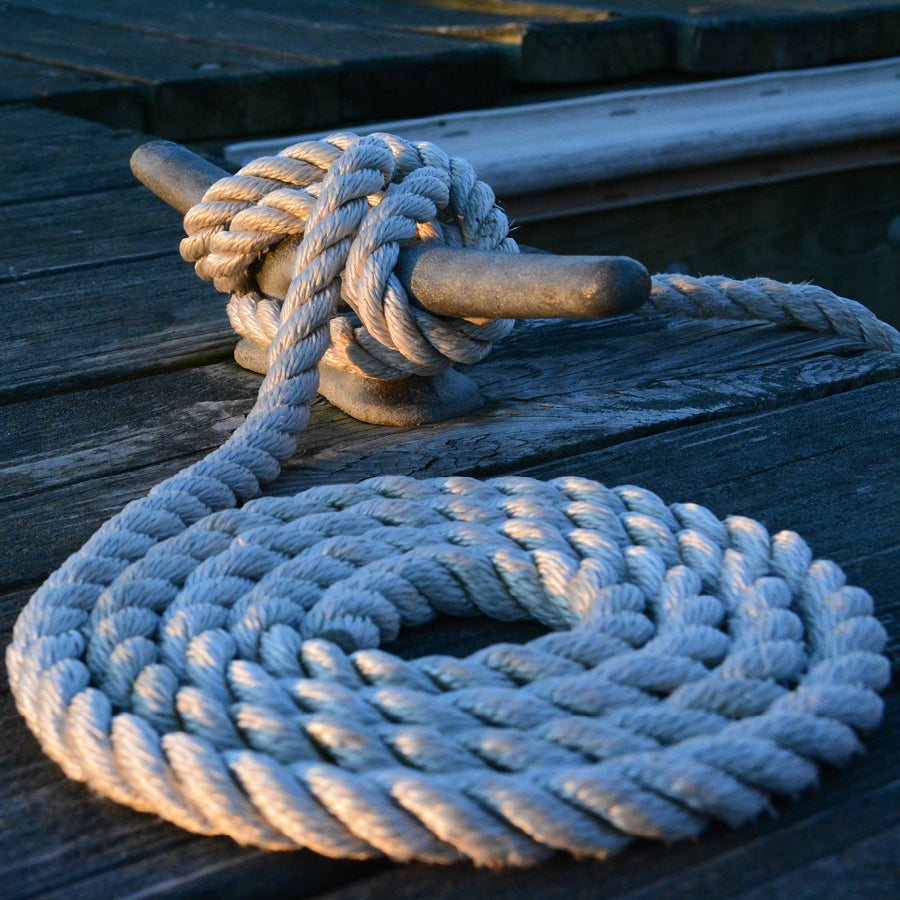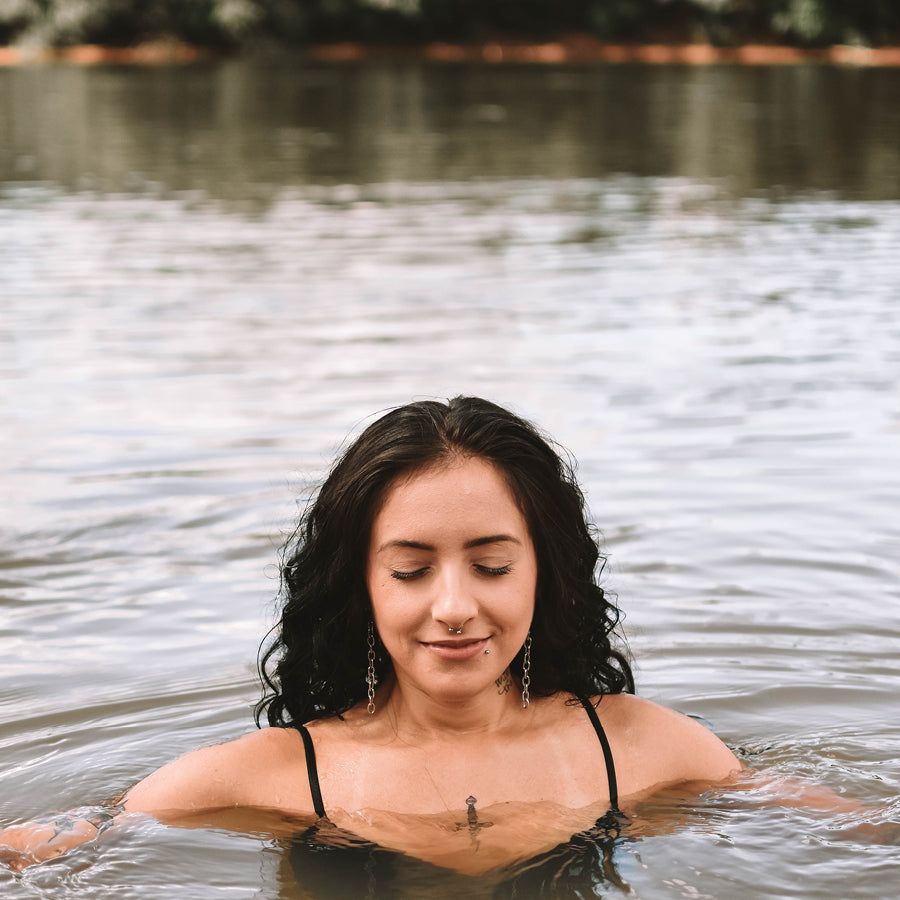We have been receiving more and more queries recently about using Friendly Soap outdoors, and although it makes us very happy to hear how many people are getting out and spending more time in nature, (a few of the Friendly staff love a wild swim!) there are a few things we'd like to advise on, in order to dispose of your soapy water safely.
Can I wash with soap in the river?
No, it is never safe to wash and rinse soap directly into rivers, lakes, or any other natural water source, even with biodegradable soap. We know there are a lot of products out there that are marketed as being safe to use in the wild, however, washing with soap in a river or the sea, a beck or a brook, a loch, a lake, a creek, a burn, a pond or any other naturally occurring body of water, is very bad for the environment.
Why?
Soap contains surfactants. Surfactants dissolve fats whilst being water-soluble themselves, they also lower the surface tension of water, in essence making molecules more ‘slippery’ and less likely to stick together. Think of washing-up liquid - you add it to your washing-up bowl and it mixes evenly with the water in the bowl. The washing-up liquid dissolves any fats (or ‘cuts through grease’ to use the parlance of a well known washing up liquid TV advert!) and makes the molecules more slippery, in turn making it much easier for you to scrub those ‘burnt-on’ stains off your dirty pots and pans. However, it is because surfactants lower the surface tension of water that they cause so many problems in the natural environment.
A lowered surface tension in water allows oxygen to escape, which is not good for fish or other aquatic wildlife that need oxygen to breathe! It also plays havoc with creatures like Pond Skaters who live on the water’s surface. And surfactants don’t just affect animals who live in or on the water. They are thought to dissolve the water-repellant coating on a bird’s feathers, leaving our avian friends at risk of saturation and hypothermia.
So, what should I do?
Campers.
Never hop in a river and lather up. Collect your waste water by washing over a large bowl or anything else that will collect your drips. Many campsites have specific ‘grey water’ disposal sites, but if there isn’t one, or if you’re wild camping, dig a hole six to eight inches deep, at least 200 ft away from any natural water source, pop your soapy water into it and cover it over again with soil. This puts the soap suds in contact with microorganisms and fungi in the soil that will break them down into water and carbon dioxide. Voila! (Of course, this won’t work with your run-of-the-mill supermarket soaps, which contain all sorts of nasty chemicals that should never be put in the ground!)
If you’re sailing.
Never wash with soap over the back of your boat. Collect any soapy water and dispose of it using the correct facilities when you reach a port or marina.
Wild swimmers.
Never reach for the soap. Wait until you get home!
You can read more about wild washing here:




















